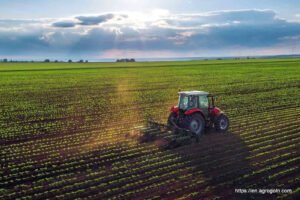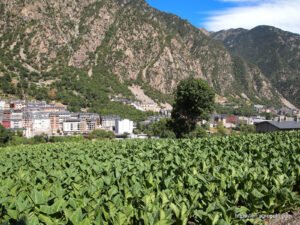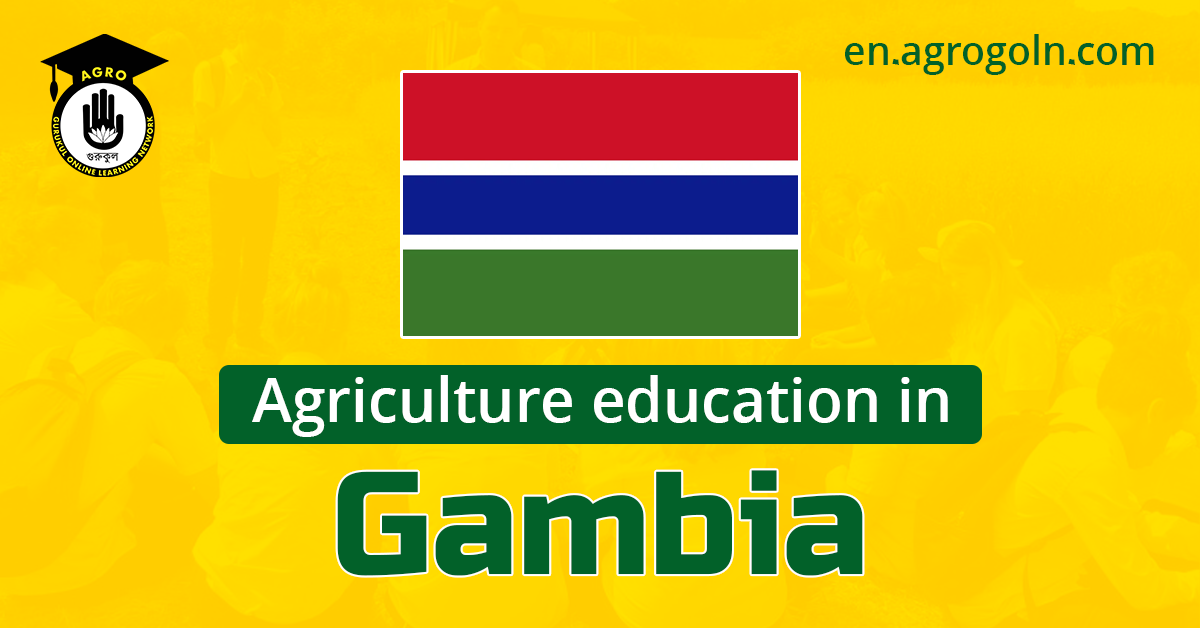Agricultural Education in Gambia. Gambia, a slender strip of land along the Gambia River in West Africa, is a country highly dependent on agriculture. With the majority of its population relying on farming for their livelihoods, the importance of agricultural education in Gambia cannot be understated. This education, which spans from the basic principles of farming to sophisticated techniques of modern agriculture, is key to improving productivity, sustainability, and income.
Agricultural Education in Gambia
Historical Background
For decades, Gambia’s agrarian society was centered on subsistence farming, primarily focused on crops like millet, sorghum, rice, and peanuts. Traditional farming methods passed down through generations were the primary source of agricultural knowledge. With colonialism, some modern techniques were introduced, but the core knowledge remained indigenous. After gaining independence in 1965, the nation recognized the need to modernize its agricultural sector to boost productivity and improve food security.

The Role of Agricultural Education
- Boosting Productivity: By teaching farmers about modern techniques such as crop rotation, pest control, and efficient irrigation methods, agricultural education can play a direct role in increasing crop yields.
- Promotion of Sustainable Practices: It’s not just about producing more; it’s about producing better. With proper education, farmers can learn methods that do not deplete the soil or harm the environment.
- Diversification: With exposure to global markets, it’s essential that Gambian farmers diversify their crops. Agricultural education can introduce them to crops with potentially higher economic returns.
- Improvement of Livelihoods: With better farming practices, farmers can increase their incomes, which can lead to an improved quality of life.
Formal Agricultural Education
Several institutions in Gambia offer formal agricultural education. These institutions range from secondary schools that have agriculture as part of the curriculum to higher educational establishments that provide diplomas and degrees in agricultural sciences.
- Gambia College, Brikama Campus: One of the foremost institutions offering agricultural courses. It provides a Higher Teachers Certificate in agriculture, teaching aspiring educators the basics of farming and agricultural science.
- University of The Gambia (UTG): UTG offers a broader range of courses, from diplomas to bachelor’s degrees in agriculture and related fields.
These formal programs often include both theoretical classroom instruction and practical training in the field, ensuring students get a holistic education.

Informal and Community-Based Agricultural Education
For many farmers who can’t access formal education due to constraints like age, distance, or finances, community-based programs play a vital role. Non-governmental organizations (NGOs), international organizations, and government initiatives have set up numerous outreach programs.
For instance, the Farmer Field School (FFS) approach, supported by various international bodies, facilitates learning on the field. Farmers learn by doing, observing, and then making decisions based on their observations.
Challenges Facing Agricultural Education in Gambia
- Lack of Resources: Many institutions and community programs lack the necessary resources, both in terms of teaching aids and qualified educators, to impart quality education.
- Cultural Barriers: Sometimes, traditional beliefs can stand in the way of adopting new agricultural techniques. Overcoming these requires sensitization and showing demonstrable benefits.
- Climate Change: The changing climate, with unpredictable rains and longer dry spells, poses a significant challenge. Agricultural education has to be dynamic to adapt to these changes.
- Limited Access to Technology: Modern farming relies heavily on technology. However, many Gambian farmers still use rudimentary tools, which limits the applicability of some of the knowledge they gain.

The Way Forward
- Strengthening Institutional Capacity: There is a dire need to invest in the existing educational institutions – both in infrastructure and in human resources.
- Integration of Technology: Introducing farmers to simple technological tools can go a long way. This could range from mobile apps for weather forecasting to basic machinery for planting and harvesting.
- Public-Private Partnerships: Collaborations between the government, NGOs, and private players can lead to pooling of resources and better outcomes.
- Localizing Education: It’s essential to contextualize agricultural education based on the region, considering the local climate, soil type, and primary crops.
Conclusion
Agricultural education in Gambia holds the key to the nation’s food security and economic progress. By empowering farmers with the knowledge and skills they need, Gambia can not only ensure a self-sustaining future but also play a role in the global agricultural ecosystem. While challenges exist, with collective effort and a focus on both formal and informal education, Gambia can pave the way for a greener, more prosperous future.
